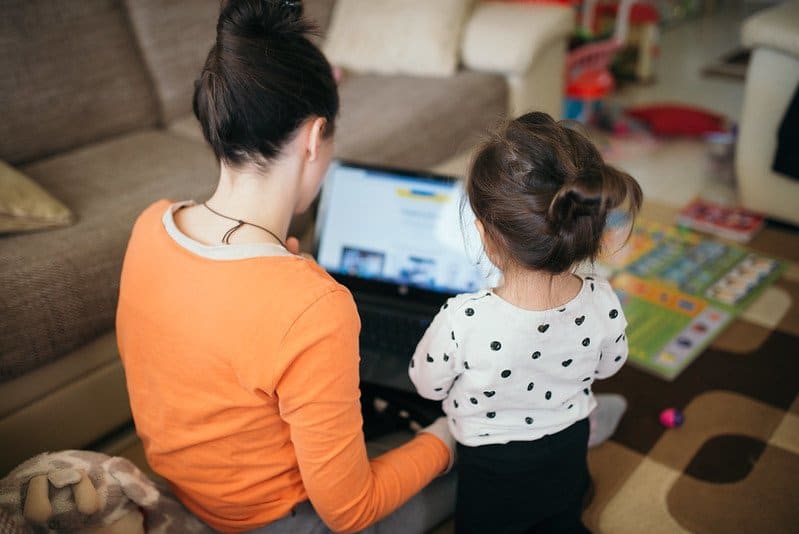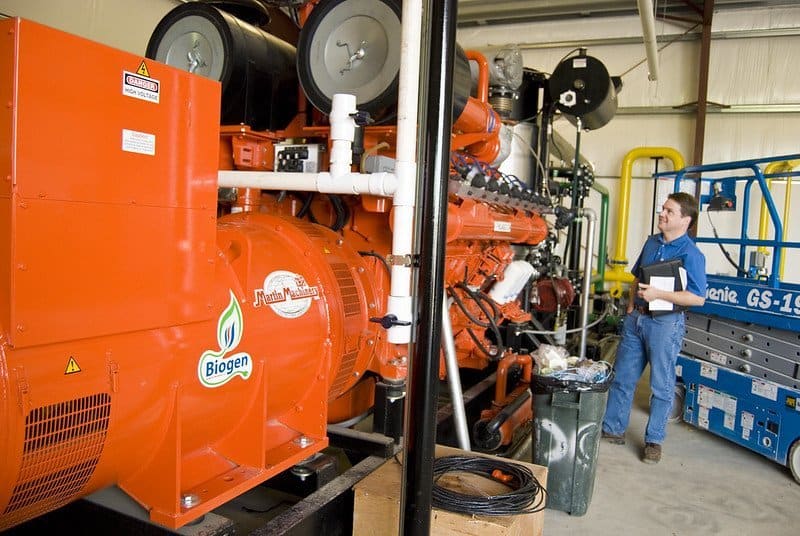Welcome to The Fixer, our weekly briefing of solutions in the news. This week: critical corridors for migrating wildlife gain new urgency in an era of climate change. Plus, schooling on lockdown is changing Italy’s approach to education, and a debate over the merits of capturing methane from cow dung.
Crossing the lines
The Washington Post has a gorgeous interactive that allows the reader to follow the paths of wildlife fitted with radio collars as they navigate major highways. Biologists are working to aid these migrations with a network of bridges, tunnels and other structures that allow the animals to cross highways in the American West. Such crossings have existed for years, but are more urgent than ever in an era of climate change, as animals seek cooler places to spend the summer months. So scientists are tracking migratory routes and looking for ways to give wildlife new pathways to higher elevations, allowing them to find cooler air without requiring hundred-mile journeys.
The crossings are premised on research showing that, over the next 100 years of warming, only 41 percent of species will be able to seek out their preferred temperatures. If properly designed wildlife corridors are put in place to help animals get where they’re going, however, that number jumps to 65 percent. Some of this success is already visible. The 2,000-mile “Yellowstone to Yukon” corridor has allowed grizzlies and wolverines to move more freely, which has helped preserve species diversity as they breed with far-flung peers.
Read more at the Washington Post
A remote chance
Around the world, an outbreak of lockdown-prompted remote learning is upending educational techniques (not to mention exhausted parents’ lives). A report in the Guardian details some of the takeaways in Italy, which, despite being the birthplace of Montessori, takes a traditional approach to education that is now giving way to innovation.

Teachers in Italy have been abandoning test-based learning — which doesn’t work well via video chat, since it’s easy for kids to cheat — for more unorthodox endeavors. One teacher reports that his students are getting their families involved in presentations, changing the dynamic from rote instruction to collaborative creativity. “I’ve got a 13-year-old, the son of two ex-offenders, who has produced some diaries of extraordinary depth,” said another. Still others have found that “the intimidation of the pack” has diminished, prompting participation from kids who might normally be too meek to speak up.
The article concludes that this extended period of remote education could transform Italy’s teaching techniques in lasting ways. “It makes you understand that we need a very varied form of education,” said a primary school teacher in Milan.
Feeder’s digest
Recently, we reported on the question of whether real meat, sustainably sourced, could be better for the planet than the fake stuff taking the fast-food world by storm. A similar debate forms the foundation of a new article at Civil Eats, which examines whether converting animal waste from methane into energy is really good for the environment, or simply enabling unsustainable farming practices.

The article focuses on California, which subsidizes the construction and operation of such “dairy digesters” as part of its statewide efforts to reduce emissions. California has spent nearly $200 million on over 100 digester projects, mitigating thousands of tons of agricultural greenhouse gases. But some green groups, like the Center for Food Safety, think that promoting the technology is misguided. They say that because of the expense involved, most digesters are only built for dairy farms with more than 2,500 cattle, which encourages the kind of industrial farming that harms the environment. “It all sounds very good, but it’s not a clean fuel,” said one advocate. “We want dairies to move to more sustainable solutions and we support the state incentivizing that.”







